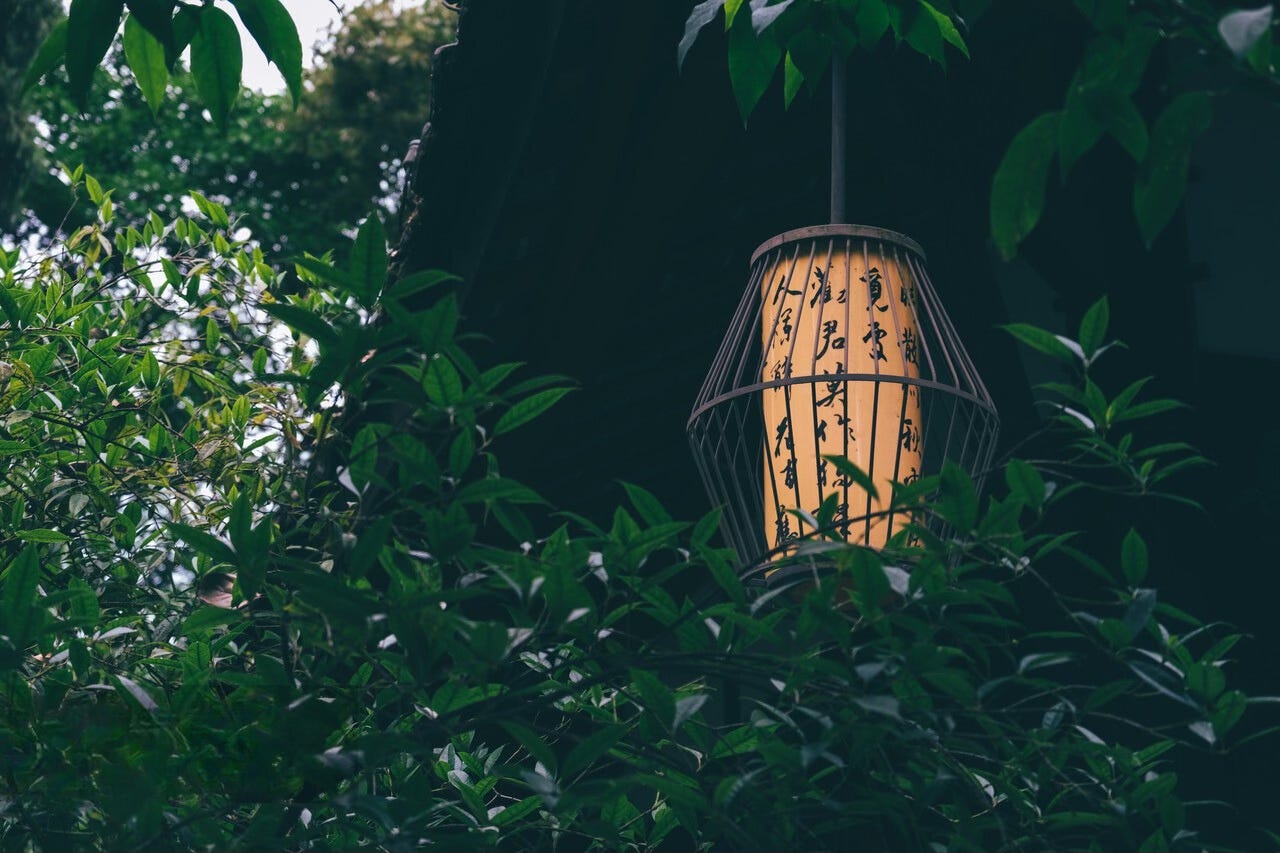The Way of Self-Mastery
Chuang Tzu (Zhuangzi) shows us the knack toward mastery through the Cook Ding parable.
This is the #3 post in this series, in which our friend Chuang Tzu tells us the story of Cook Ding. This article decodes the hidden message in this parable by dissecting the famous cook’s marvelous skill at cutting an ox.
In particular, Cook Ding’s story illustrates the simple and necessary conditions for mastering a skill or a craft. By learning his secret to mastery, we can also extract important principles to follow the natural course of life and take care of ourselves.
This post essentially delivers the message that mastery leads to the spiritual cultivation of our inner world. In Taoist language, self-mastery is the unity of the craft 技, Tao 道, and heart 心.
It is commonplace to say that we are the authors of our lives. This means that we control how we are supposed to live.
Before we set out to design all elements of life, it is essential to have a clear picture of what we intend to become. This will help us discover our innate potential and shape the course of life on an existential level.
From Chuang Tzu’s perspective, each of us has a natural inclination toward something. When we find and connect with that particular thing that feels natural to us, we are living naturally.
In this sense, venturing into the unknown is a process of exploring the spiritual core of the inner self. Ultimately, we bring alignment to our lives through the unity of heart, mind, and craft.
Obviously, this is an ideal vision of life. Human nature has its own ways of manipulating our conscious actions, even assisting us in the self-sabotage of our precious lives.
We may accidentally plunge into activities that make our souls restless, or we may easily feel powerless in the face of those invisible and uncontrollable forces. We have become numb and insensitive. We start questioning the “lie” we’ve been telling ourselves: Can we really write the script of our lives?
What matters is whether we can make peace with ourselves internally. This is the power of _wu-wei_, an intelligent mindset to remind us where we are, spiritually and philosophically.
It is an awareness of one’s state of mind in specific moments of action. It is the skill of using the mind as a mirror (see post #1 here) to capture and reflect one’s innermost thoughts, feelings, and sentiments.
It is the art of living at ease, with a spiritual, psychological, and cognitive recognition of one’s positioning in a specific situation that requires action.
Thus, using the wu-wei mindset to guide our actions involves warding off unnecessary entanglements, avoiding the thought of forcing, and being at peace with the state of non-exertion.
It suggests that when we stay connected with what feels natural to us, we are actually living effortlessly, in a state of unselfconscious movement.
This is why self-mastery is fundamentally spiritual. It requires an active and conscious effort to guard our spirit in the ups and downs of life in the face of unpredictable and changing circumstances.
With this spiritual realization, distractions and allures that divert attention and focus can easily dissolve. In essence, sticking to what is natural and life’s calling is a spiritual strength.
As the captain of your ship, even if you have no clear direction, you can still follow your intuition to navigate where you feel right. In this sense, spirituality is the most practical thing we can work on throughout the journey of mastery and self-establishment.
Keep reading with a 7-day free trial
Subscribe to Taoism Reimagined to keep reading this post and get 7 days of free access to the full post archives.




